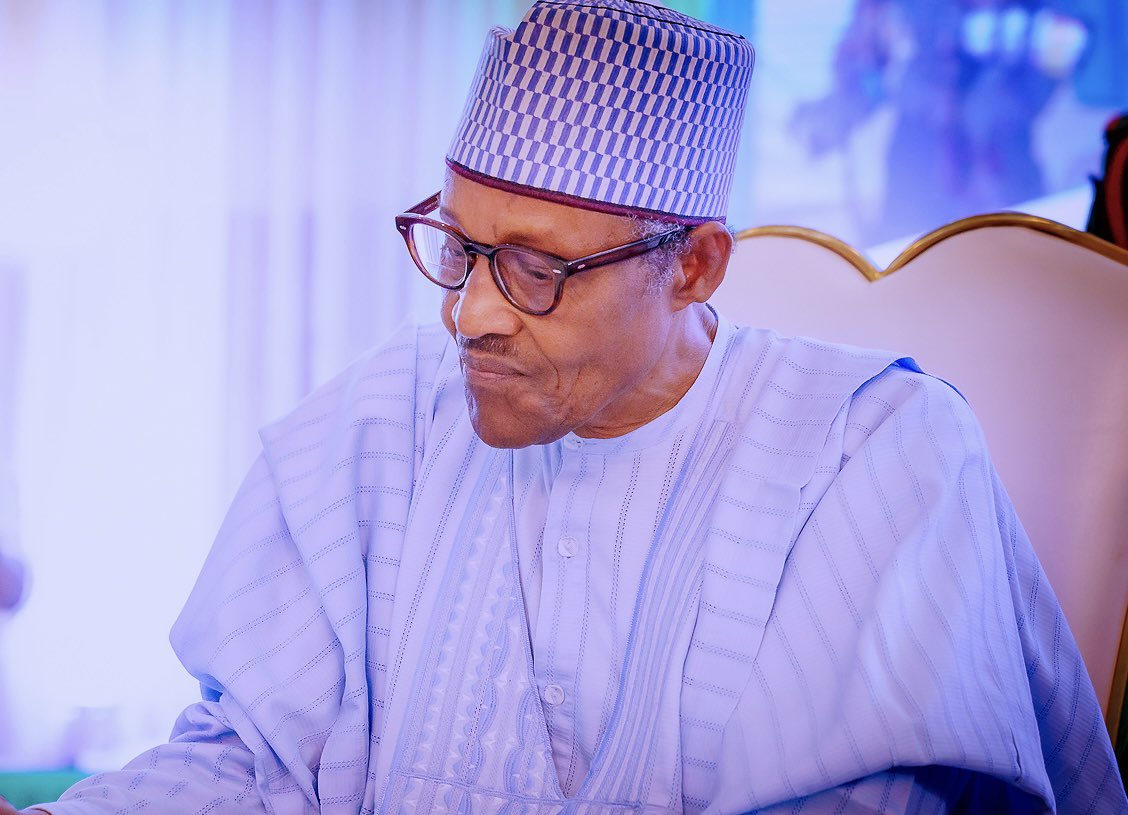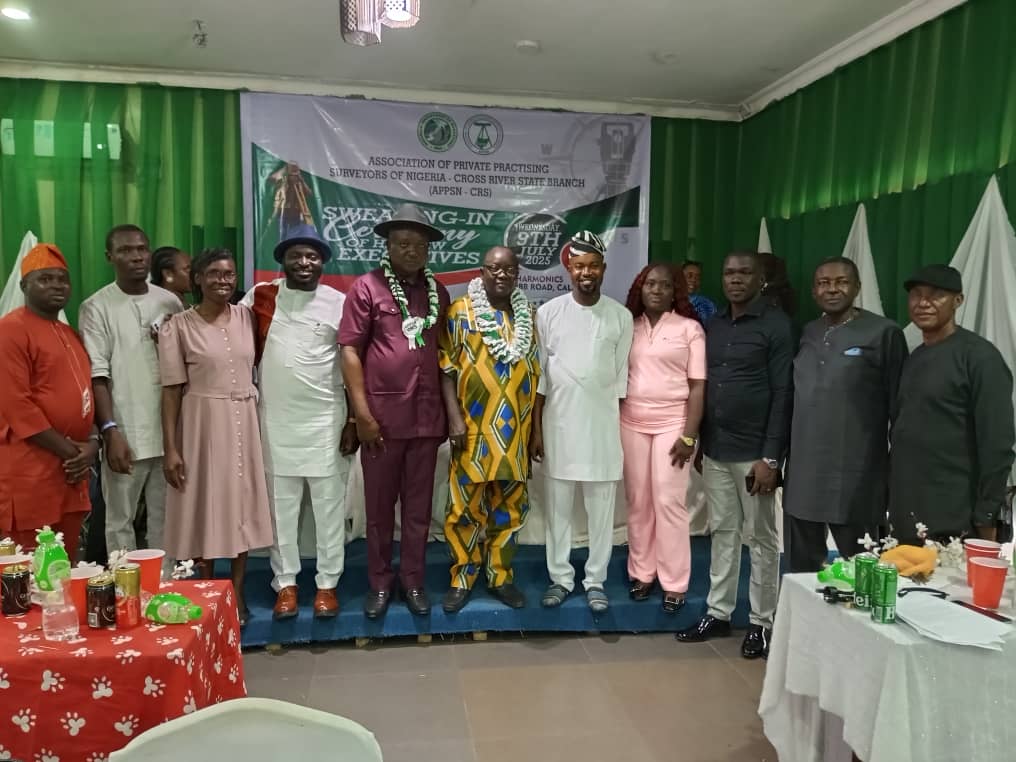The governments of Mali and Niger are increasing pressure on Chinese investors operating in their extractive industries, demanding stricter regulations and a fairer distribution of economic benefits.
In Mali, authorities are taking action against illegal mining involving Chinese nationals. Prime Minister General Abdoulaye Maïga summoned Chinese Ambassador Chen Zhihong on March 25 for discussions with key ministers and officials. The government has ordered an immediate halt to illegal mining activities, suspended artisanal mining permits granted to foreigners, and proposed a coordination mechanism with the Chinese embassy for better oversight. These measures follow a mining accident on February 17 in Bilalikoto, which killed 48 people, highlighting the dangers of unregulated mining.
Meanwhile, Niger has announced major reforms targeting the China National Petroleum Corporation (CNPC), accusing it of ignoring local content policies and prioritizing foreign labor over Nigerien workers. Authorities have revoked the license of the Chinese-owned Soluxe International Hotel, mandated salary standardization, and introduced the “Nigerization” of strategic positions. Additionally, they have revised subcontracting policies to benefit local businesses. These changes are based on Ordinance No. 2024-34, which requires foreign companies to appoint national representatives and prioritize local employment.
Since military takeovers in Mali (2020) and Niger (2023), both governments have sought greater economic sovereignty, aiming to maximize national profits from resource extraction, reduce economic dependence on dominant foreign players, and address public concerns over exploitative practices by foreign companies.
Chinese Ambassador Chen Zhihong has proposed a coordination mechanism in Mali to prevent disputes and improve investment oversight.









